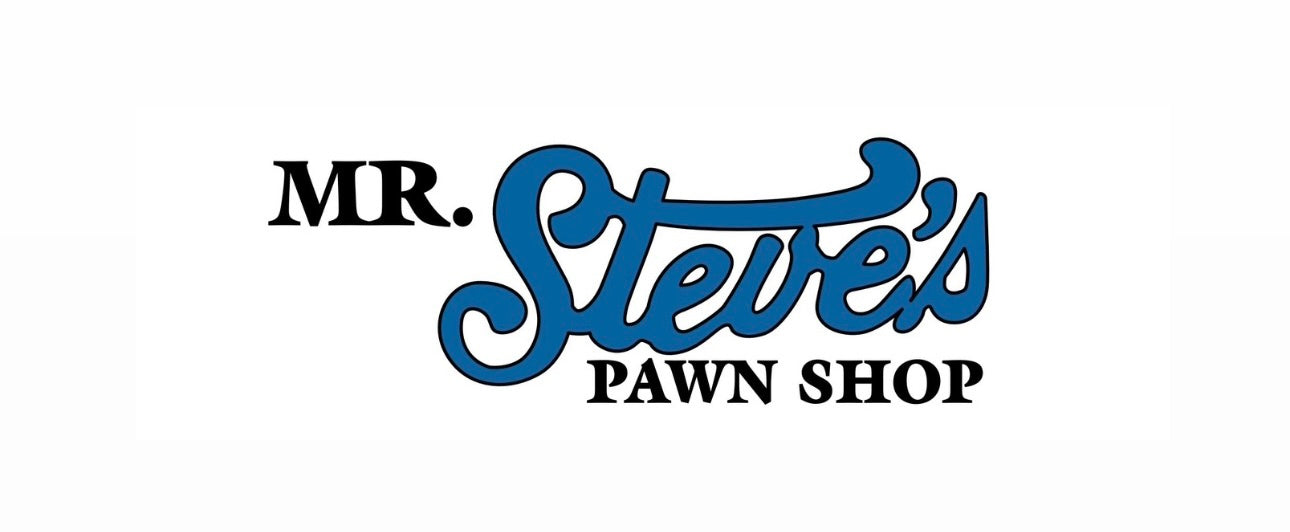Did you know that the history of pawning leads all the way back to 3,000 years ago? Pawning items was one of the earliest forms of business. Contrary to popular belief, pawn shops aren't just places to sell or buy items- they provide a valuable financial service to communities. In this blog, we'll delve into the inner workings of pawn shops, shedding light on the processes and services offered.
- What Is a Pawn Shop?
A Pawn Shop is a licensed business that provides short-term collateral-based loans, sells mostly second-hand goods, and purchases items from individuals. Pawn Shops are regulated by local and state laws to ensure fair practices and the protection of both customers and pawnbrokers.
- The Pawn Process
The core of how pawn shops work revolves around collateral-based loans. Here's a step-by-step breakdown of the process:
-
Bring an Item: A person in need of quick cash brings in an item of value to the pawn shop, such as jewelry, electronics, designer handbags, and other items of value.
-
Appraisal: The pawnbroker assesses the item's value based on its condition, market demand, and other factors. This appraisal determines the loan amount offered.
-
Loan Agreement: If the customer accepts the loan offer, they receive a pawn ticket, which includes details about the loan, such as the interest rate, repayment terms, any associated fees, and the loan term.
-
Collateral: The customer leaves the item as collateral and the pawnbroker provides the agreed-upon loan amount in cash.
-
Loan Term: The loan term we offer is 4 months and ten days. This can vary by location. Customers have the option to extend the loan another 4 months and 10 days by paying interest towards the end or at the end of the loan term.
-
Redemption: To retrieve their item, customers must repay the loan amount and the interest within the agreed-upon term.
- Selling and Buying Goods
In addition to offering loans, pawn shops buy and sell a wide range of items, including:
-
Jewelry: Pawn shops are known for dealing in gold and diamond jewelry, offering an affordable and sustainable alternative to traditional jewelry stores.
-
Electronics: Items like laptops and gaming consoles are commonly bought and sold.
-
Musical Instruments: You can find guitars, keyboards, and other musical instruments in many pawn shops.
-
Tools: Pawn shops often have a selection of tools for sale, appealing to hobbyists and professionals alike.
-
Collectibles and Antiques: Some pawn shops specialize in collectibles, antiques, and vintage items, making them a treasure trove for enthusiasts.
- Designer Items: Some pawn shops purchase and sell designer handbags, wallets, shoes, and other accessories.
- Regulation and Consumer Protection
Pawn shops are subject to strict regulations to protect both customers and business owners. These regulations cover areas such as interest rates, loan terms, record-keeping, and the handling of stolen goods. Pawnbrokers are required to work closely with local law enforcement to ensure that they are not accepting stolen property.
Conclusion
Pawn shops are more than just places to buy and sell items; they provide a vital financial service to many individuals who may not have access to traditional banking or credit. Understanding how pawn shops work can help demystify the process and provide insight into a business model that has been serving communities for centuries. Whether you're in need of a short-term loan or looking for deep discounts on luxury items and a sustainable shopping experience- pawn shops offer a diverse range of services and items that cater to a wide audience.

